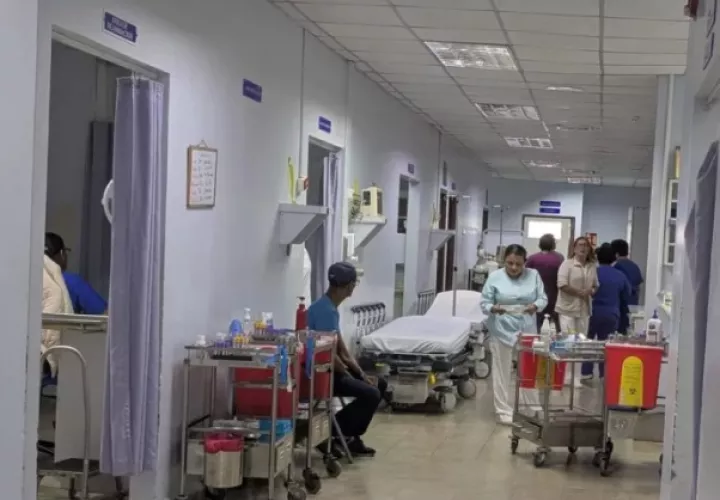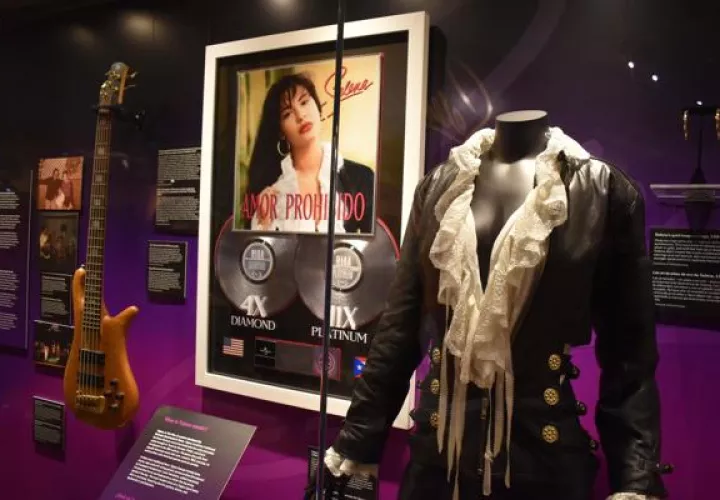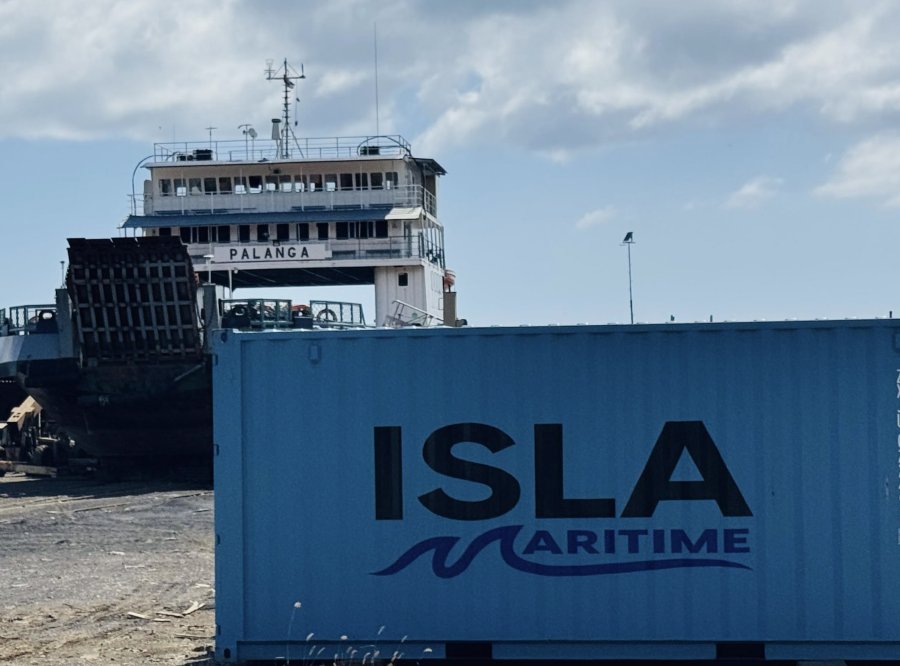“Stop Interfering” in the Affairs of Latin American Countries – A Request from Beijing to the United States
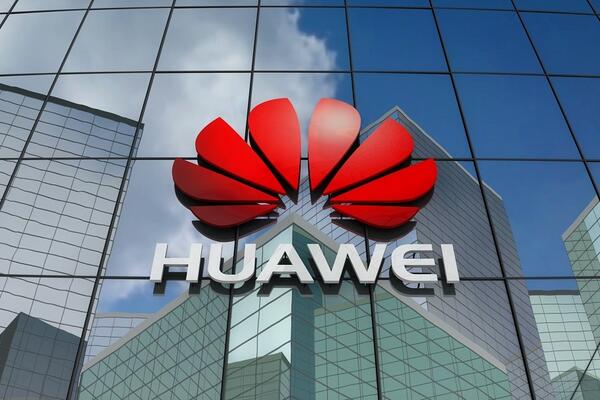
Guo Jiakun pictured below, a spokesman for the Chinese Foreign Ministry, urged Washington on Monday, on behalf of Beijing, to “stop interfering in the internal affairs of other countries,” after the U.S. Embassy in Panama announced it would replace 13 pieces of telecommunications equipment from the Chinese company Huawei in Panama. Guo Jiakun said at a press conference that “The United States has long carried out surveillance and cyber-attacks in Latin America and the Caribbean, which has had a negative impact on the Western Hemisphere and created insecurity in countries across the Americas.” Guo asserted that “China has always supported Latin American and Caribbean countries, including Panama, adhered to their independence, and opposed foreign hegemony, intimidation, and interference.”
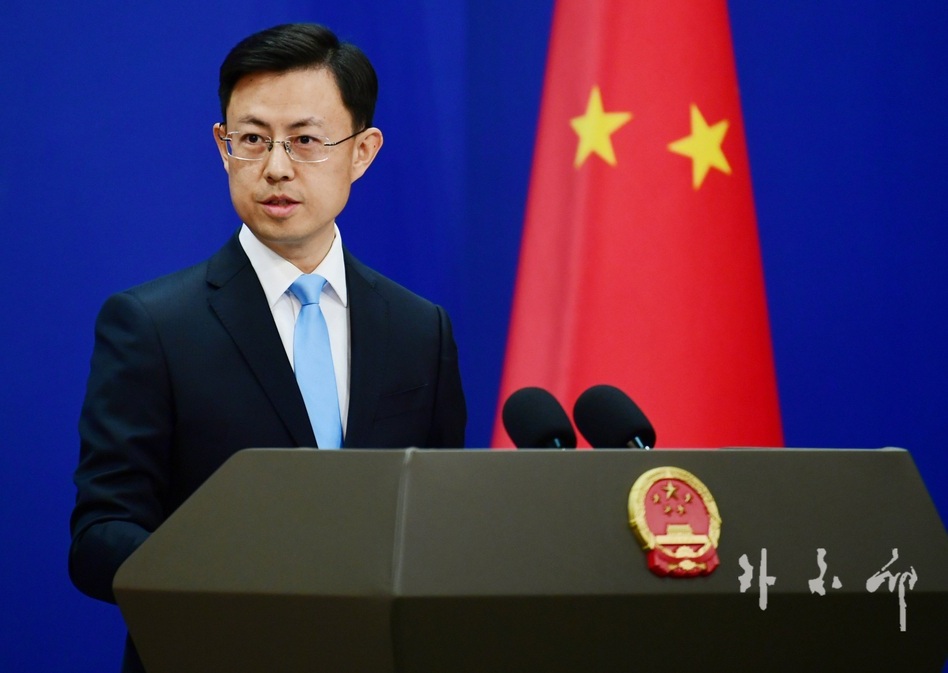
“China has never sought spheres of influence or engaged in geopolitical competition, nor will it coerce other countries to take sides,” the spokesperson added, while declaring that the Latin American region “is no one’s backyard.” Guo called on Washington to “stop politicizing economic, trade, and technological issues, stop interfering in other countries’ internal affairs, and stop undermining their sovereignty and independence.” Panamanian President José Raúl Mulino demanded last Thursday that the United States show respect and refrain from trying to drag the Central American country into the “geopolitical conflict” the U.S. government is maintaining with China.
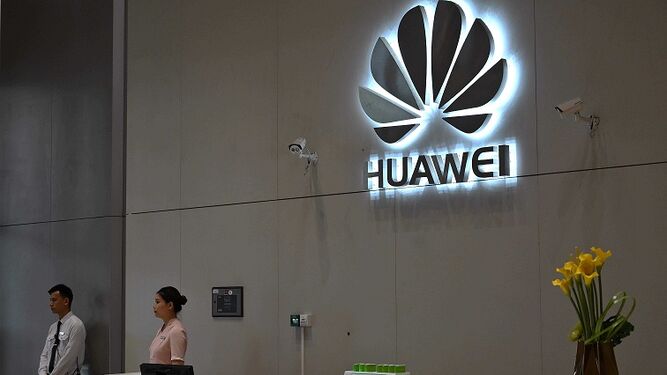
Mulino reacted after the U.S. Embassy announced Wednesday that the Donald Trump administration will replace 13 pieces of telecommunications equipment from the Chinese company Huawei in Panama “with secure U.S. technology,” as part of the campaign to “counteract China’s malign influence” on the continent. The Ministry of Public Security explained that the replacement of Huawei telecommunications equipment is due to a technological incompatibility within the framework of an agreement with the U.S. government to reactivate a public safety program initiated in 2017. Under the pretext of alleged Chinese interference in the Panama Canal, something denied by the Central American country, US President Donald Trump has threatened to reclaim the waterway, built and operated by the US in the last century until its transfer to the Panamanian state 25 years ago.

